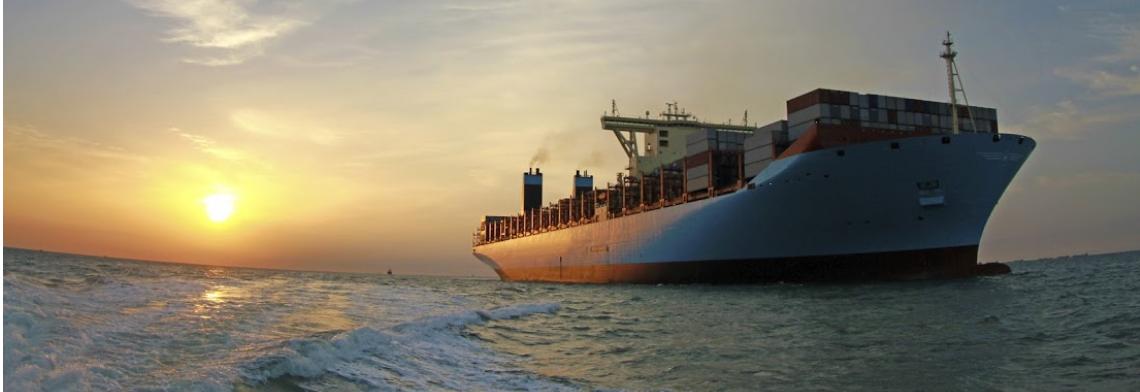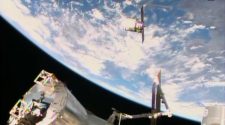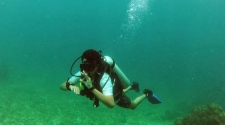The Marine Accident Investigator has to act with the highest standards of professionalism. But what do we actually mean when we use that word? What are the characteristics that mark out the outstanding professional investigator?
Expertise and experience obviously play a key part. Qualifications and technical understanding of this complex area are the foundation. But a wide-ranging experience of real investigations in different countries, cultures and industries enriches theoretical understanding. Let’s take a look at the character traits that the professional needs during a marine accident investigation.
Calmness Under Pressure
First, calmness. If an employee has been injured or killed, or if a major collision has taken place, the investigator may be surrounded by people who are traumatised, panicking, frightened or in shock. They need to stay calm when they are collecting information, dealing with those involved and considering the evidence. They can’t allow themselves to be hurried into drawing premature conclusions when they feel they don’t yet have all the facts. This kind of calmness is the result of a certain type of strength of character, particularly when criminal charges may be laid or large amounts of money are at stake and third parties are attempting to put pressure on the investigator.
Objectivity and independence of thought are also important character traits. A conclusion may be inconvenient or unpopular, but the investigator needs to be committed to revealing the truth, however much others may dislike hearing it. They also need to be prepared to stand by their conclusions when they make them and answer any challenges that are made.
Methodical and Accurate
For this reason, the investigator has to be both methodical and accurate. The way in which an investigation is conducted can often be as important as its conclusions, and the work needs to be demonstrably error-free and technically detailed. The process of enquiry and the methods used have to be watertight if they are challenged in court.
Because of the wide range of technical data, witness reports, statements, timings, weather reports and other sources of information, marine accident investigation can be a matter of synthesising multiple information sources into a single coherent narrative. So the ideal investigator is someone who can see the wood for the trees, knitting it all together in order to analyse the precise sequence of events and which events contributed to the accident.
There are some less intellectual qualities that the investigator needs too. Stamina is a definite requirement. Some marine accident investigations involve working at night or in difficult conditions or bad weather for extended periods of time. All of this may be required after a long flight to the location. The investigator will be making notes, collating them, collecting information, examining the location and circumstances, interviewing witnesses and so on. All of this often has to be done urgently, so it can mean long working days with little rest.
The individuals at the top of this profession have certainly earned their place there the hard way by doing a difficult job well.















